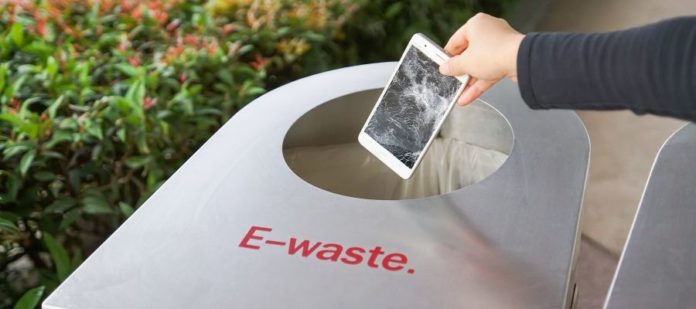In an effort to stay busy during current self-isolation and shelter-in-place orders, many people are turning to organization. Whether they’re indulging in a bit of light spring cleaning or conducting a house-wide overhaul, homeowners everywhere are seizing this opportunity to reduce clutter and clean up their homes. When you’re building a game plan for your organizational efforts, it’s important that you hammer out every tiny detail, including your intended methods of waste disposal. The majority of items in your house will be suitable for generic waste disposal, but some items will require special disposal services. This guide to several different household items that require special disposal services will explore the safest disposal methods for all materials.
Electronics
You can dispose of some smaller electronics in a landfill, but many devices require specialized waste removal services. Electronic waste—or e-waste, as it’s more commonly referred to—can encompass a variety of different items, from computers to televisions to kitchen appliances. These items may not seem outwardly hazardous, but they can pose a significant risk to the environment if you dispose of them in a landfill. Each state has its own laws for the safe disposal of e-waste, so be sure to consult your local ordinances first.
If you don’t want to use a waste management service that specializes in e-waste disposal, you may also be able to recycle your old items at an electronics store. Electronics stores such as Best Buy often offer services that will buy back your used electronics for a small profit.
Refrigerators
You must also use special services to dispose of large electronic appliances such as refrigerators. The refrigerant used in most fridges can be quite toxic to individuals and to the environment. As such, refrigerators are generally unacceptable for disposal in a landfill. Many appliance retailers offer services to safely dispose of refrigerators. If your fridge is still in proper working order, you may also consider donating it to a local Habitat for Humanity store, which will allow someone else to put it to good use.
Paint and adhesives
Paint and adhesives are some of the most common household items that require special disposal methods. All types of paint—including paint thinner, wood stain, and lacquers—are unacceptable for disposal in a landfill and therefore require special disposal methods or services. Certain paints, such as those produced before 1990, will require even more specialized disposal methods—these paints are more likely to include lead or mercury. These chemicals—as well as those used in industrial-grade adhesives—are quite harmful and can put waste management employees at significant risk. Many cities support community paint recycling programs, so be sure to consult your community for such services.























